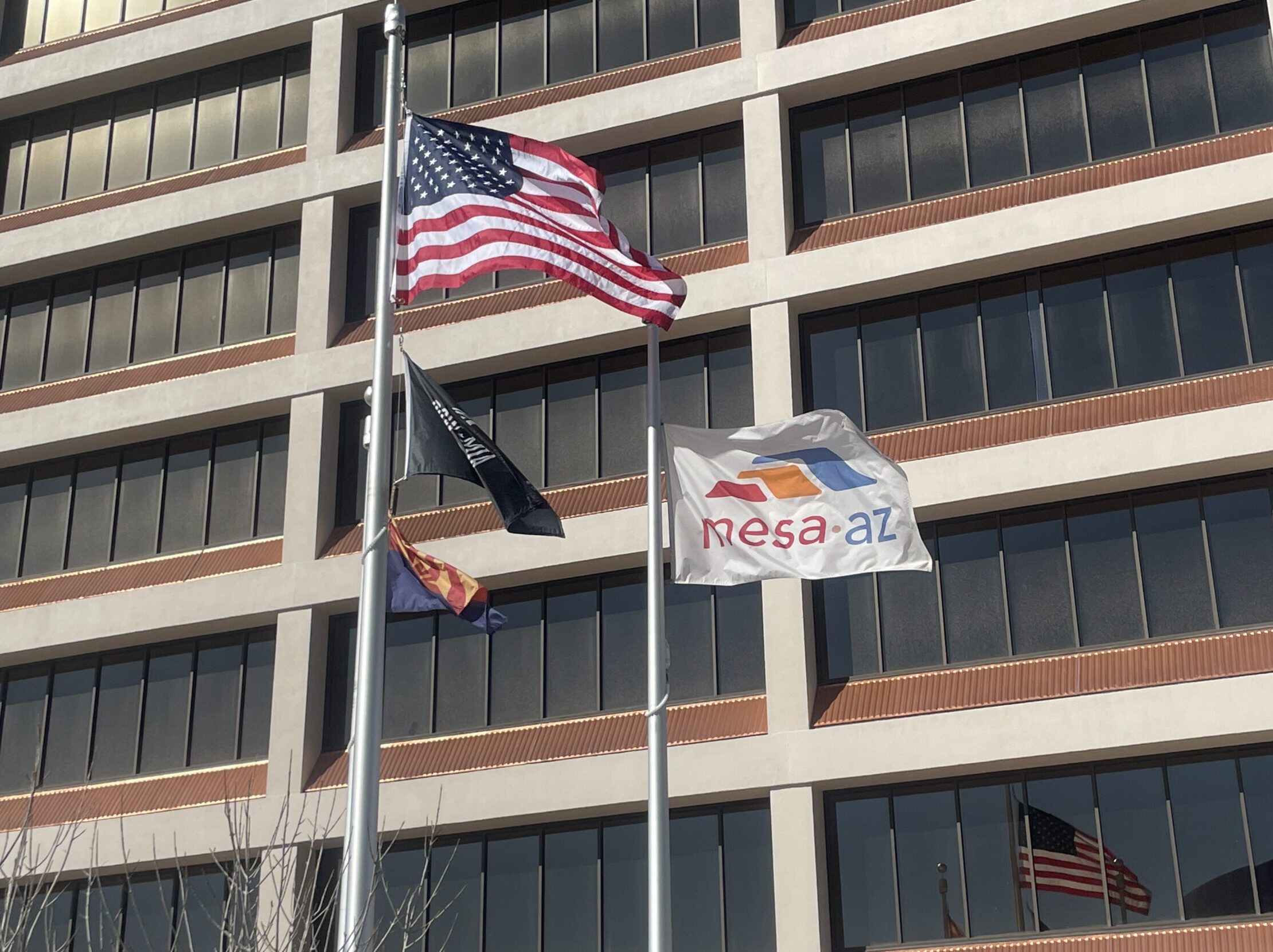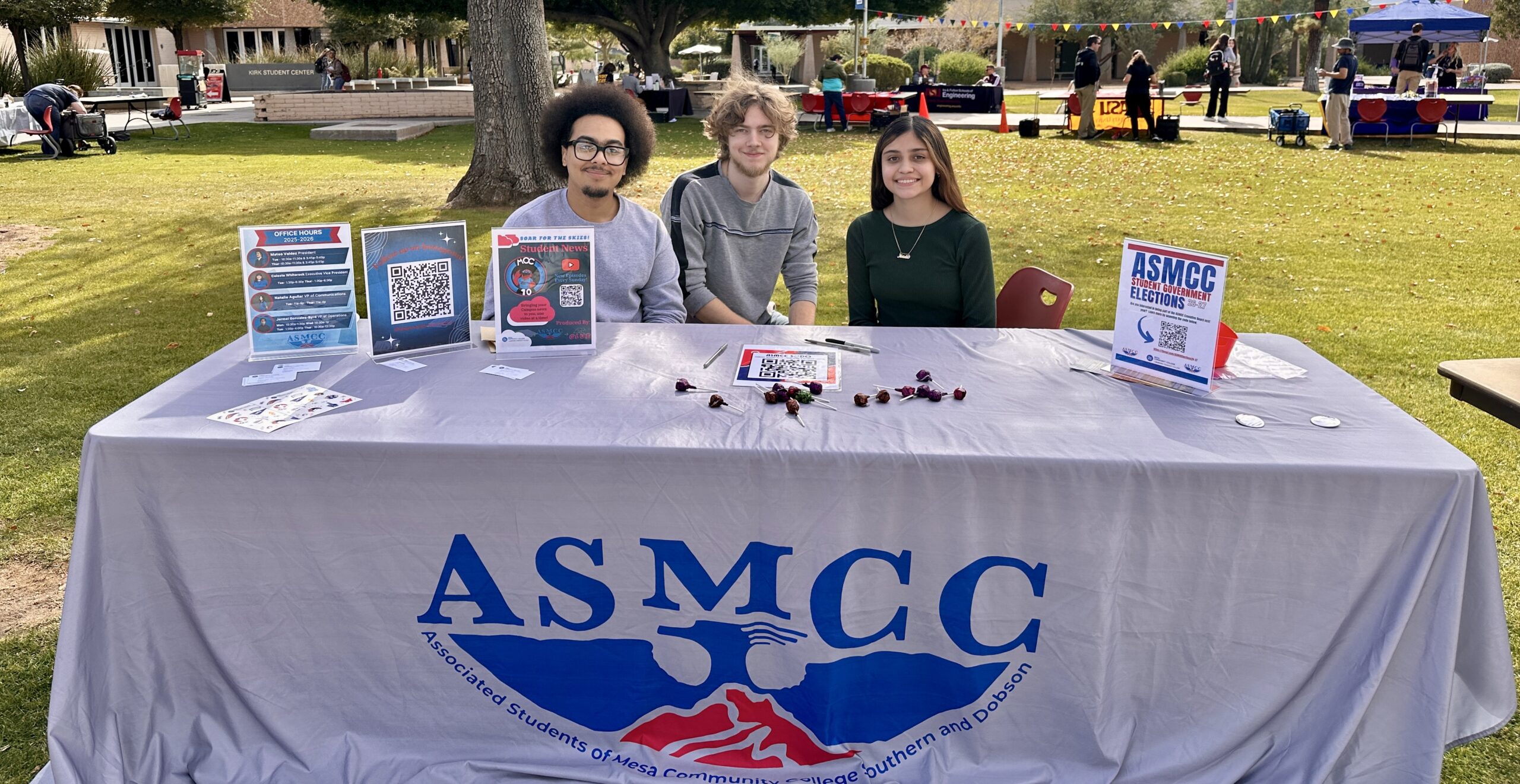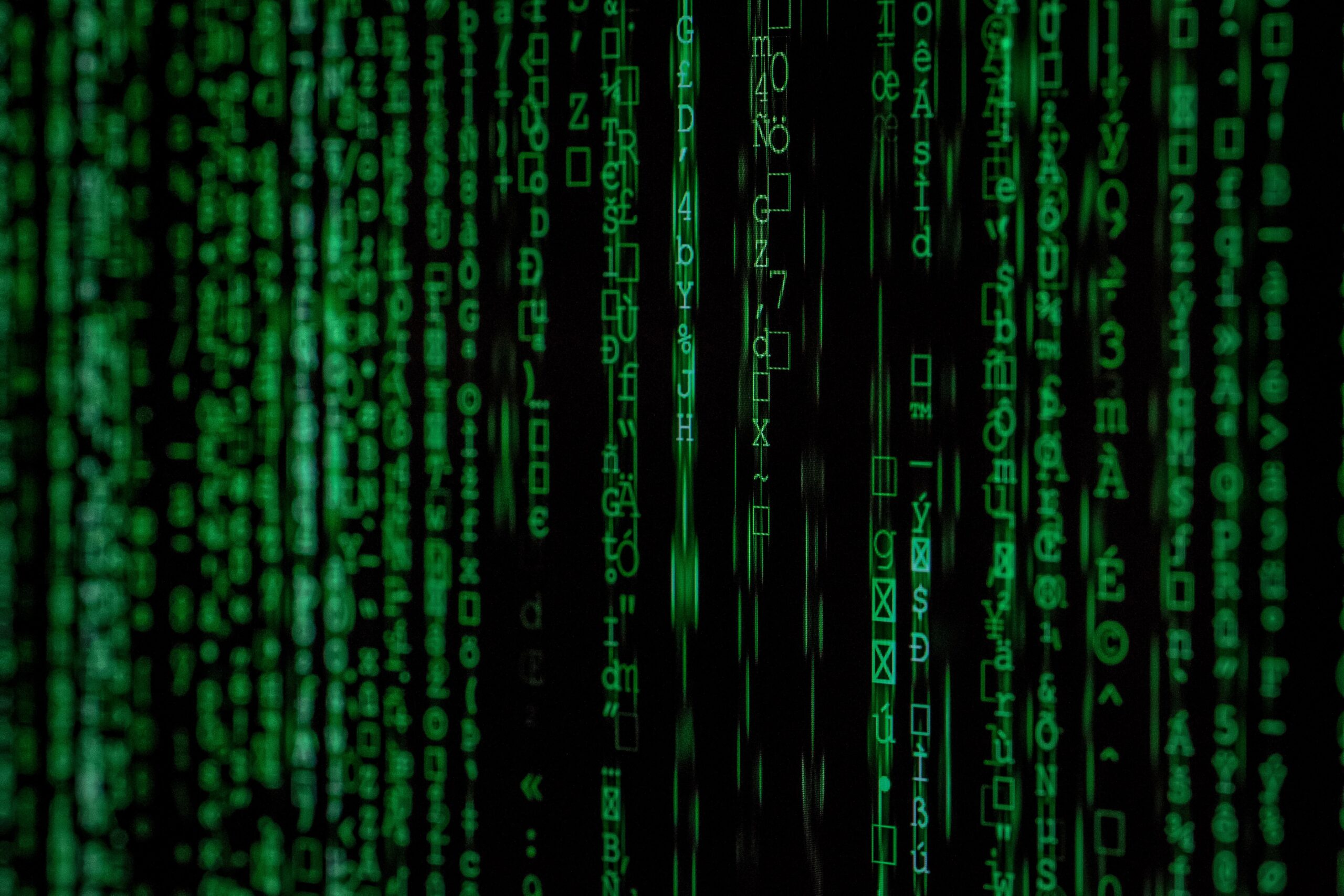Digital media preservation is being attacked, and it’s all due to money
The support of digital media preservation is more important than ever with online libraries being shut down, useful internet resources being wiped off the internet, and digital marketplaces being shut down due to budget cuts in the last month.
It’s already widely understood that everything posted on the internet lasts forever. However, just because it’s on the internet, does not mean it’s easily accessible.
Imagine looking for a picture on the internet that was incredibly funny, but incredibly obscure with no easy way to find it.
Going through the process of typing in very specific searches, scrolling through dozens of Google image results, and clicking on some shady websites, all in an effort to find that silly cat picture, but it’s just not coming up.
The process tends to end in two possible outcomes: either it is found on the most random website ever and it is saved, or the search ends in failure.
This applies to almost every single piece of digital content on the internet.
Music, videos, films, articles, books, and many more all can fall to the same fate of being lost in the constantly changing sea of the internet.
That’s where digital media preservation comes into play.
There are groups all over the world that spend countless hours ensuring every single piece of content that’s uploaded to the internet is preserved for future generations.
However, there has recently been an uptick in threats against this idea of preservation, ranging from unique internet tools being lost forever, all the way to an entire online library being threatened to be taken down for good.
The Internet Archive is a free, non-profit online digital library based in San Francisco aiming to provide “Universal Access to All Knowledge.”
There is an incredible amount of content available on the website.
Preserved are books, web pages, audio recordings, videos, images, and software programs forming billions of pieces of digital content.
Since the Archive is a library, they make sure to take special care in preserving books.
According to the Archive’s website, they “…began a program to digitize books in 2005 and today we scan 4,300 books per day in 18 locations around the world.”
Anyone can download scanned books that were published prior to 1927, and for books published afterwards, it’s run similarly to a library.
Books are “checked out” and returned once the reading is finished.
This process, however, is now under threat as four major publishing companies, Hachette Book Group, HarperCollins, John Wiley & Sons and Penguin Random House, filed a lawsuit against the non-profit organization.
The suit claims that the website “commits mass copyright infringement” against the publishers, as authors get zero compensation for any books that are loaned out to their users.
The Archive claimed their work fell under fair use, which allows entities to use copyrighted works under certain circumstances.
However, U.S. District Judge John Koeltl ruled against the Internet Archive on March 24, stating there was nothing “transformative” being done to warrant the online library being protected by fair use.
Publishing groups celebrated the ruling, as many considered the work of the Archive theft.
The Archive plans to appeal the case, claiming that the ruling, “…holds back access to information in the digital age, harming all readers, everywhere.”
What is interesting to note about what the Archive does is that their process of lending out digital books is not different from what physical libraries do.
Both forms of libraries purchase the books legally and provide the public access to the books, as long as they are returned once the reading is complete.
A physical library is allowed to do this as many times as they would like according to the “first sale doctrine.”
The doctrine is a provision in US copyright law, which states “an owner of a physical copy of a copyrighted work, like a book or DVD, to sell, lend, or otherwise dispose of that copy however they wish.”
While the provision refers to physical content, what is stopping it from being changed to include digital content? What makes physical content different from digital content?
The case has sparked outrage across the internet, with users debating whether or not the judge’s ruling was correct.
The outrage is justified, because if the appeal by the Archive fails, they will be forced to take down millions of books that they have scanned.
And with the precedent set that online distribution of content doesn’t fall under fair use, the floodgates may open to all sorts of content being taken down, leading to all efforts of digital preservation to go to waste.
For example, the Nintendo eShop is a digital distribution platform which allows users to purchase digital content for their consoles, focusing mainly on video games.
The service was originally provided for the Nintendo Switch, Wii U, and 3DS platforms. But as of March 27, the service has been permanently discontinued for the Wii U and 3DS platforms.
This is understandable, as both the Wii U and 3DS platforms are over 10 years old with a dwindling player base that has been dwarfed by the active users on the Nintendo Switch.
It costs more money to maintain the service than it brings in. As a business, it makes perfect sense to shut down these services.
However, a major unintended consequence of this is with the online store being shut down, content that was digital only is now unable to be purchased ever again.
This conundrum has happened previously with other Nintendo consoles, namely the Nintendo Wii shutdown had a very similar incident regarding its WiiWare digital content.
Unless there is another way to purchase the content, there is no legal way to obtain these games, putting them at risk of being lost forever.
However, thanks to the efforts of content creator Jirard Khalil, known online as The Completionist, most of the eShop’s contents have been preserved, at least for now.
Khalil undertook a massive project to purchase every bit of content from the Nintendo eShop.
This project included downloading over 1.2 terabytes of games combined for both the Wii U and 3DS, which included all of the downloadable content and took just under a year to amass.
According to Khalil’s video, the entire process cost him around $22,791, and afterwards, the storage devices that contained all of the games were donated to the Video Game History Foundation, a non-profit organization that aims to help preserve the history of video games.
The project helped save thousands of games from being lost forever, but at the cost of thousands of dollars being spent on the games and the storage devices needed to store all of the content.
Another unfortunate circumstance that cropped up during this project is that while they were in the middle of the process of purchasing everything, games were being taken off the store, according to Khalil.
While it’s great that Khalil and his team got most of the eShop’s contents, it is evident that they didn’t get everything, meaning that some content may have been lost for good.
Dpreview.com, or Digital Photography Review, is a digital photography website that aims to provide the “…most authoritative coverage of digital photography gear in the world, including news, articles and expert reviews.”
The website was founded in 1998, and provided users useful information on digital photography.
Users could upload photos to contests, chat with fellow enthusiasts via the forums, and use tools to help them compare equipment based on price.
There’s an incredible amount of information on the website, ranging from specific cameras and lenses to what printers provided the best color accuracy for a photographer’s photos.
However, on Jan. 4, their parent company Amazon announced that as a part of their annual operating plan review this information would no longer be available.
Digital Photography Review, along with other websites, were planned to be shut down, as they “weather [an] uncertain and difficult economy,” according to Amazon CEO Andy Jassy.
The DPReview website is scheduled to be shut down on April 10, with the website remaining active and posting reviews until that time.
According to the forums, users who have uploaded content to the site have until April 6 to request a download of their content.
In addition, according to The Verge’s coverage on the shutdown, the website will be in “read-only mode” after the shutdown for just a short period of time.
This all suggests that after a short period of time, the website with all of the articles, forums, and tools it provides will be completely wiped from the internet.
If this is the case, it would be an absolute travesty, not only for the digital photography community, but for digital media preservation in general.
Forum users are hard at work preparing for this by saving everything they can and uploading to sites like the Internet Archive to preserve.
However, information regarding the current state of digital content preservation can become out of date very quickly.
Additionally, certain web-based tools that DPReview.com uses will no longer work once the website shuts down entirely.
It’s a sad end to a passionate community of photographers, and one can only hope that some other site can come along and fill the void that the end of DPReview.com will create.
The three examples listed above are not the first time digital media preservation has been threatened, and it certainly won’t be the last.
These threats against the preservation of digital content all seem to have a common reason for occurring, each one of these situations have happened due to money.
The Internet Archive was attacked by publishers who claimed that they were losing money due to the online library’s practice of lending books digitally.
The Nintendo eShop was shut down due to the cost of keeping their services up and running not being worth the money they were bringing in.
Digital Photography Review is being shut down because of their parent company Amazon seemingly making budget cuts on what could be considered a niche, unsustainable business.
It all comes down to a financial reason, one way or another, and that is why the fight for digital media preservation is about to be harder than ever.
Some of the companies have valid points in shutting down certain websites that don’t bring in money anymore, or how certain companies may lose money due to easier accessibility to their copyrighted content.
However, some of the reasons for going after these libraries of information come down to one thing, the greed of certain companies trying to save a few bucks off their bottom line.
Back in ancient Egypt, there existed the Library of Alexandria.
The library was a massive structure that was treated like a museum by those who frequented it, containing thousands of important books.
This library was subject to numerous fires, whether it be from battles that were waged near the city, or leaders in the area demanding that these books must be burned as they weren’t deemed acceptable by whatever leader was in power.
Nothing remains of this library, which according to many historians has significantly damaged our way of understanding these ancient civilizations.
It’s safe to assume that for the most part, society has progressed past the barbaric actions of burning down libraries for the sake of power or controlling what people can or cannot read.
However, that’s not to say that we are past losing decades worth of content due to the selfish greed of corporations.
The fight to preserve digital content is a fight against the greed of modern day society. And based on how it’s gone recently, there’s no guarantee that we can win.











